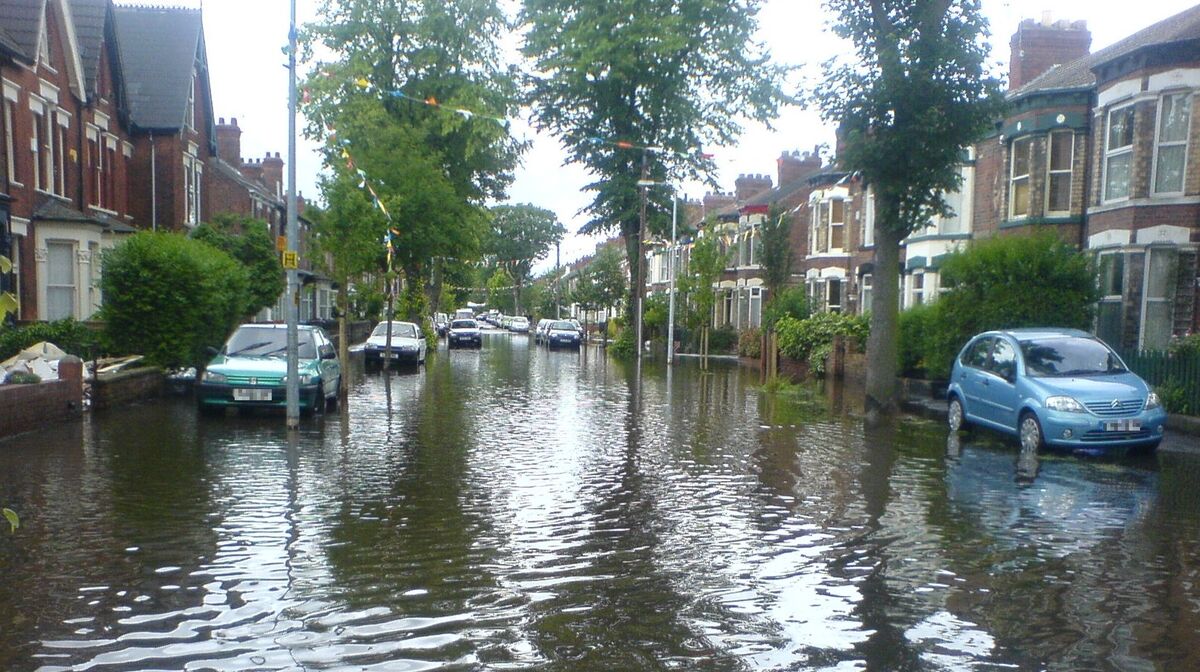From jamie.goodwin@hullcc.gov.uk | Wednesday 15 July 2020
Study commissioned by the Living with Water, a collaboration between Hull City Council, Yorkshire Water, East Riding Council and the Environment Agency.

A major new study into the 2007 floods in Hull has found more than a third of households in the city have yet to take measures to better protect themselves from future flood events.
The study has been commissioned by the Living with Water Partnership – a collaboration between Hull City Council, Yorkshire Water, East Riding Council and the Environment Agency – and led by the University of Hull.
More than 450 households in three Hull areas affected by the 2007 floods were asked about their experiences and responses to the event, which impacted 9,000 homes and businesses.
While almost half of those surveyed had ensured their insurance covers flooding, less than a third had taken steps to better protect their property from future events.
Less than one in 10 have prepared an emergency flood kit – and just six per cent have a flood plan in place for their household.
The Living with Water Partnership was set up to work towards reducing the risk of flooding in Hull through infrastructural projects and at a community level.
 Victoria Avenue in Hull on 25 June 2007.
Victoria Avenue in Hull on 25 June 2007.
Lee Pitcher, general manager of Living with Water and head of partnerships at Yorkshire Water, said: “We commissioned this study as the Living with Water Partnership believes you can only achieve future resilience by learning from the past. We want to help build communities that live and thrive with water rather than fear it.
“Living with Water is exploring and driving large scale blue green engineering interventions to reduce flood risk, but also on a local level, is working hard with communities and businesses to empower positive change too with smaller scale interventions.
“There are some great tools available already to help at a household level that people might just not know exist like signing up to flood warnings, which were implemented after 2007. Other measures, such as developing a flood plan and preparing an emergency flood kit can also provide additional peace of mind should the worst happen.”
View the Hull Household Flooding Survey Summary Report here.

